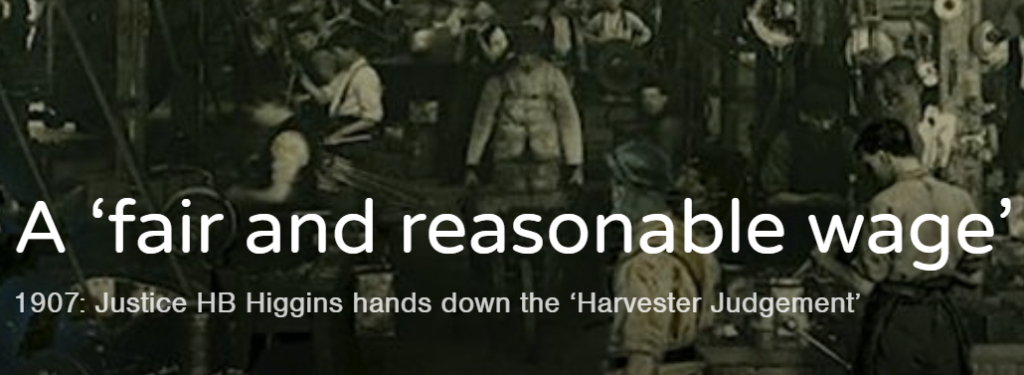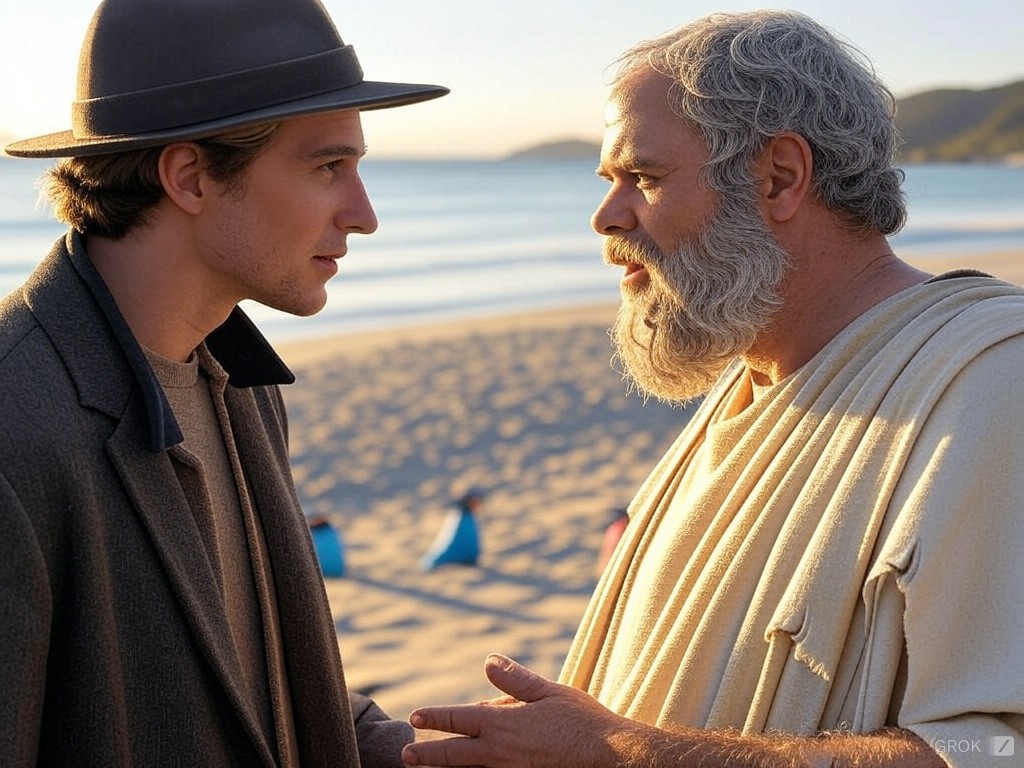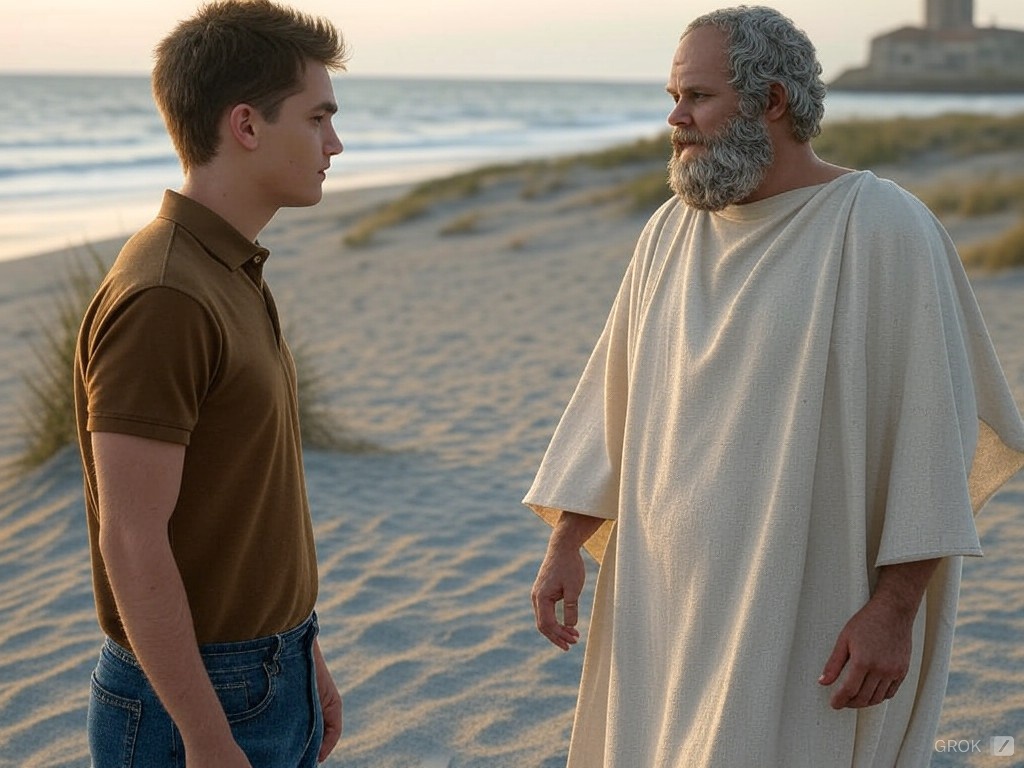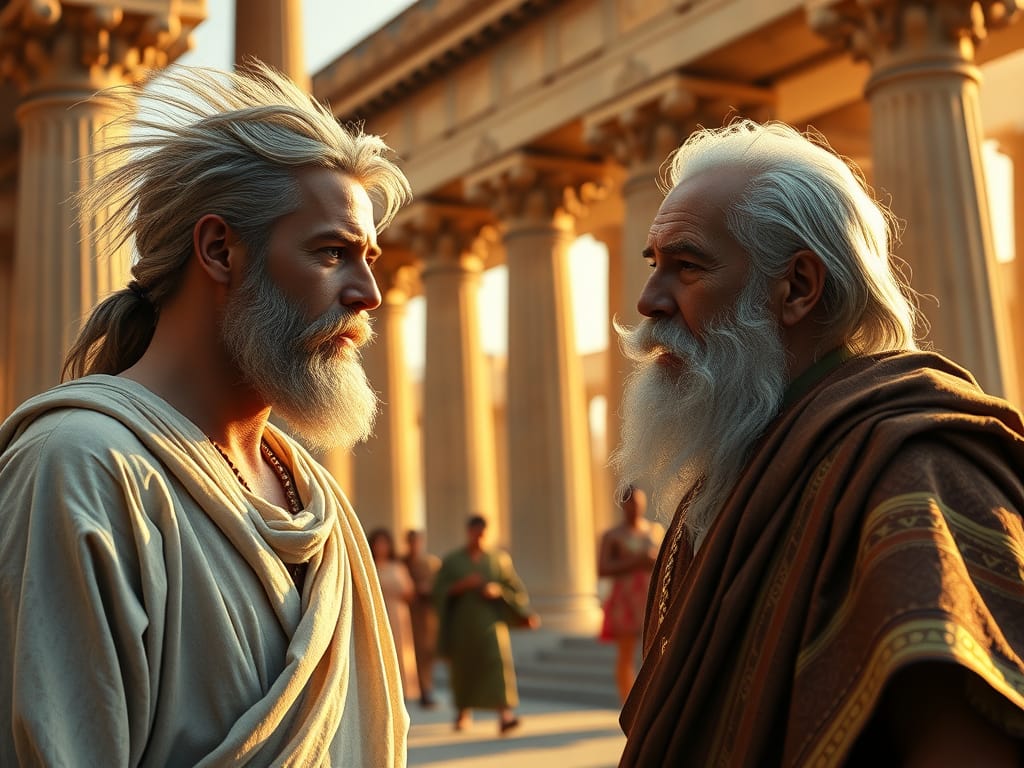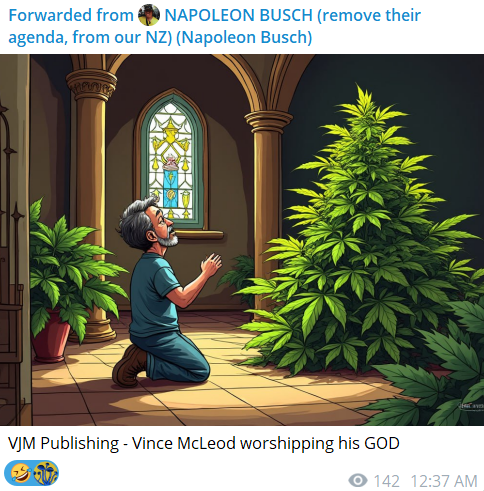
This year marks the thirtieth anniversary of my entry into the New Zealand mental health system. It’s been a frustrating and horrifying journey, a blend of Brave New World and Dante’s Inferno. Because much of what mental health experts have told me in this time has turned out to be false, I have had to teach myself about psychiatry to a major extent. If I could summarise what I have learned about dealing with a psychiatric condition oneself, I would give two basic pieces of advice.
First, understand nervous system regulation.
Modern psychiatric theory has abandoned the chemical imbalance model for the traumagenic neurodevelopmental (TN) model. This means that no well-informed person still believes that mental illness is mostly caused by chemical imbalances that can only be corrected by expensive pharmaceuticals.
According to the TN model, early childhood trauma plays the major role in mental illness by causing the brain to develop in unnatural ways. The brains of highly traumatised people tend to respond much differently to stress: some anxious and neurotic types powerfully over-react, some bluntened and depressed types under-react. Such abnormal responses to stress can make it much harder to live a normal life.
This model has implications for those who have, until now, believed that their condition was the result of something intrinsically wrong with them mentally or spiritually. It turns out that most psychiatric conditions are actually physiological in nature.
Somatic symptoms such as headaches, insomnia, nausea and migranes are often stress responses, and signals that the nervous system is already hyperaroused. Anxiety and depression are common consequences of suffering this hyperarousal for an extended period of time. As such, keeping the nervous system well-regulated is crucial for lessening the impacts of most psychiatric conditions.
The best way to do this is to avoid stress, which is not always possible. The grim truth is that most stresses are forced on people by the needs to find food and shelter. Nonetheless, there’s a lot each individual can do to minimise the stress on their nervous system.
Learning to meditate is one of the best things that anyone with a psychiatric condition can do. Cultivating the ability to not physiologically react to distressing thoughts is as good as taking any pharmaceutical. Dedicated meditation practice can downregulate the nervous system more effectively and more permanently than anything else.
Another great move is learning to avoid toxic narcissists. This is also not always possible, because of family and work obligations. But it’s very useful to learn the typical early warning signs of toxic narcissism, so that those displaying it can be shunned as early as possible.
Second, understand the importance of connection. This means connection at every level: to family, to community and to the divine.
The simplest and easiest way to feel connection is through one’s family. But, if you have a psychiatric condition, chances are high that your family environment is psychotogenic. If so, then interacting with your family can add to the stress and nervous system dysregulation. This is where the community comes in.
Connection to the community is relatively easy, but here a person has to be realistic. A mental illness will mean that certain avenues into the community will be closed off. However, it will also mean that solidarity can be easier to find in some other ways. It’s very easy to feel solidarity with other people who have had to deal with the psychiatric system. Groups organised on this basis that meet physically can be challenging to find if one doesn’t live in a city, but there are numerous online groups devoted to every psychiatric condition.
Divine connection is harder to find. The main problem here is that Westerners have been lied to about spirituality for centuries. The native Western spiritual traditions were destroyed by the coming of Christianity, so that when Christianity died, we were left with only memories of the divine. When the European spiritual traditions, such as the Eleusinian Mysteries, were lost, the Western soul was lost to confusion.
The answer here is a combination of meditation and spiritual sacraments. Correct meditation will silence the mundane thoughts, and correct spiritual sacrament use will bring the glory of the divine back to consciousness. This combination of meditation and spiritual sacrament use is the basic formula espoused by some New Age religions such as Elementalism.
Cultivating a divine connection can help create a sense of belonging, which many people do not otherwise have. It’s common to feel like an alien on this planet and in this society. Meditating or taking spiritual sacraments with friends or family can create powerful feelings of connection with the rest of reality.
Society might never have been more mentally ill than today. However, it has (probably) never been easier for an individual with a mental illness to cope with it. Advanced knowledge of the causes and treatment of mental illness is now available through the traumagenic neurodevelopmental theory, and communities of meditators or spiritual sacrament users have never been easier to find.
*
For more of VJM’s ideas, see his work on other platforms!
For even more of VJM’s ideas, buy one of his books!
*
If you enjoyed reading this piece, buy a compilation of our best pieces from previous years!
Best VJMP Essays and Articles of 2023
Best VJMP Essays and Articles of 2022
Best VJMP Essays and Articles of 2021
Best VJMP Essays and Articles of 2020
Best VJMP Essays and Articles of 2019
Best VJMP Essays and Articles of 2018
Best VJMP Essays and Articles of 2017
*
If you would like to support our work in other ways, make a donation to our Paypal! Even better, buy any one of our books!

